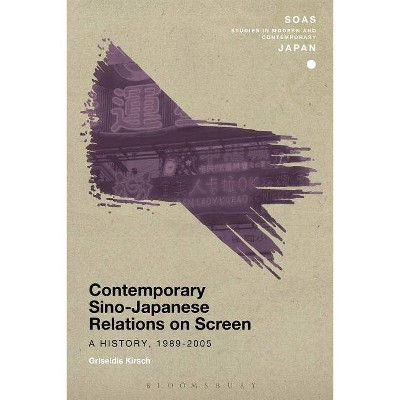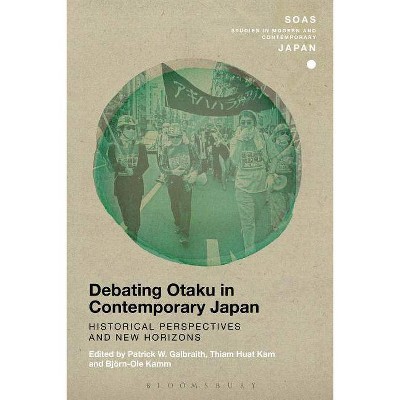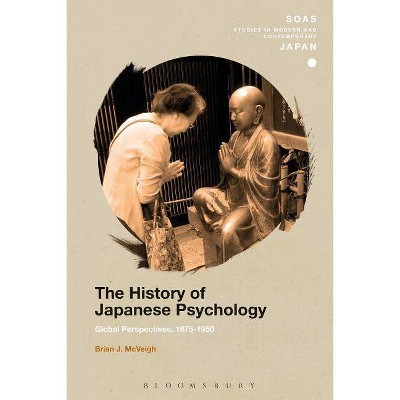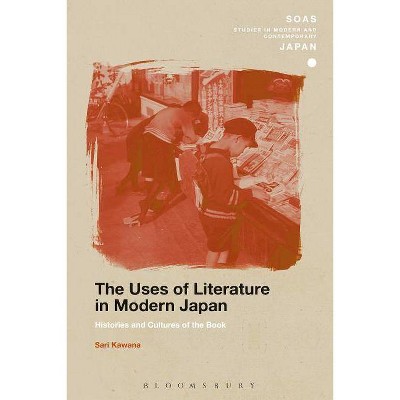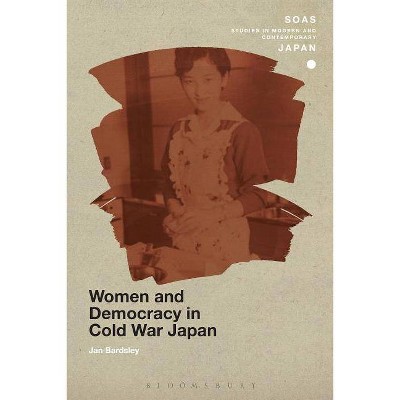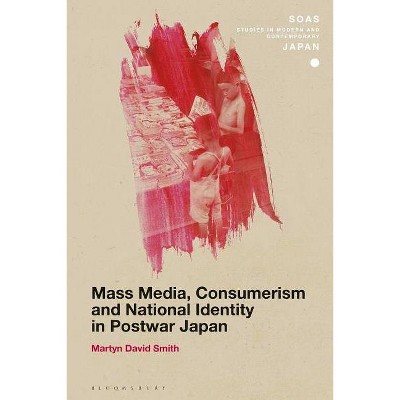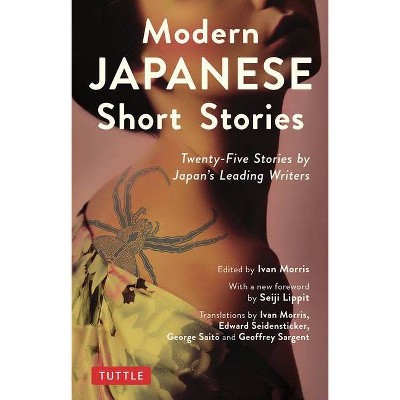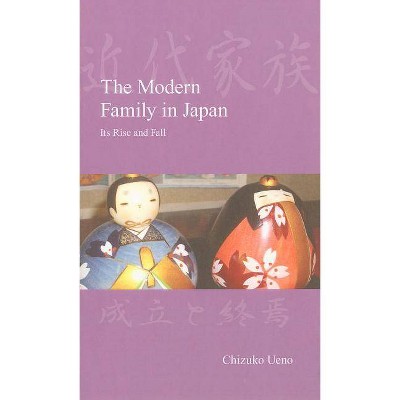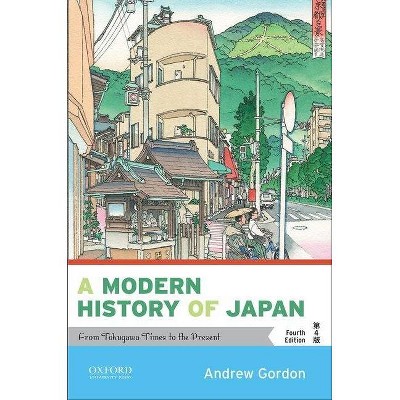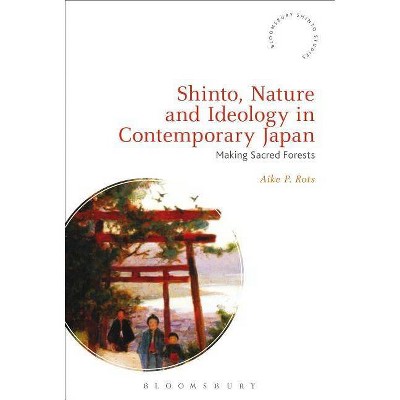Japanese Taiwan - (Soas Studies in Modern and Contemporary Japan) by Andrew D Morris (Paperback)
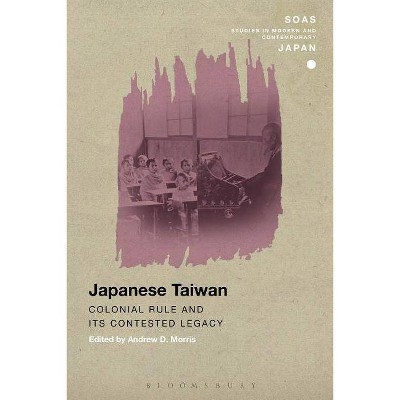
Similar Products
Products of same category from the store
AllProduct info
<p/><br></br><p><b> About the Book </b></p></br></br>"Colonial agents worked for fifty years to make a Japanese Taiwan, using technology, culture, statistics, trade, and modern ideologies to remake their new territory according to evolving ideas of Japanese empire. Since the end of the Pacific War, this project has been remembered, imagined, nostalgized, erased, commodified, manipulated, idealized and condemned by different sectors of Taiwan's population. The volume covers a range of topics, including colonial-era photography, exploration, postwar deportation, sport, film, media, economic planning, contemporary Japanese influences on Taiwanese popular culture, and recent nostalgia for and misunderstandings about the colonial era. Japanese Taiwan provides an interdisciplinary perspective on these related processes of colonization and decolonization, explaining how the memories, scars and traumas of the colonial era have been utilized during the postwar period. It provides a unique critique of the 'Japaneseness' of the erstwhile Chinese Taiwan, thus bringing new scholarship to bear on problems in contemporary East Asian politics"--Bloomsbury Publishing.<p/><br></br><p><b> Book Synopsis </b></p></br></br>Colonial agents worked for fifty years to make a Japanese Taiwan, using technology, culture, statistics, trade, and modern ideologies to remake their new territory according to evolving ideas of Japanese empire. Since the end of the Pacific War, this project has been remembered, imagined, nostalgized, erased, commodified, manipulated, idealized and condemned by different sectors of Taiwan's population. <i><br/><br/></i>The volume covers a range of topics, <i> </i>including colonial-era photography, exploration, postwar deportation, sport, film, media, economic planning, contemporary Japanese influences on Taiwanese popular culture, and recent nostalgia for and misunderstandings about the colonial era. <br/><br/><i>Japanese Taiwan</i> provides an interdisciplinary perspective on these related processes of colonization and decolonization, explaining how the memories, scars and traumas of the colonial era have been utilized during the postwar period. It provides a unique critique of the 'Japaneseness' of the erstwhile Chinese Taiwan, thus bringing new scholarship to bear on problems in contemporary East Asian politics.<p/><br></br><p><b> Review Quotes </b></p></br></br><br>This is a sophisticated and groundbreaking collection of essays that positions Taiwan in the context of colonial and postcolonial studies. Anyone with an interest in modern East Asian politics and history will benefit from it.<br/>Jordan Sand, Professor of Japanese History, Georgetown University, USA<br><p/><br></br><p><b> About the Author </b></p></br></br><b>Andrew D. Morris</b> is Professor of History at California Polytechnic State University, USA. He is author of <i>Colonial Project, National Game: A History of Baseball in Taiwan </i>(2010) and <i>Marrow of the Nation: A History of Sport and Physical Culture in Republican China</i> (2004).
Price History
Price Archive shows prices from various stores, lets you see history and find the cheapest. There is no actual sale on the website. For all support, inquiry and suggestion messages communication@pricearchive.us
